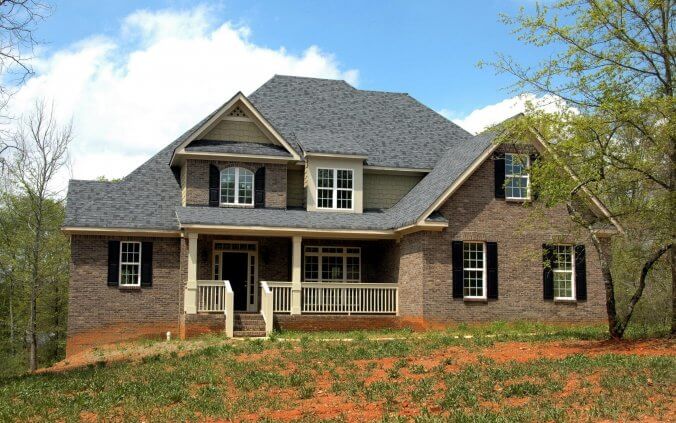If you’re thinking to Replace Your Roof, it’s important that you know exactly what you are getting. In most cases, a new roof will be a better investment than just trying to repair the old one. There are a few questions that you should ask your contractor prior to making any final decisions:
What is the contractor’s experience with this type of job? Take some time to go over their portfolio and see how many projects they have completed previously. It’s not a good sign if they can’t provide references! Make sure that they have the necessary license and insurance in order as well.
Mold and how it happens
Mold is a fungus that grows best in moist and humid environments. A water leak, either directly on a portion of the roof or even within the attic can lead to a growth of mold that can cause extensive damage to your home. It is important to understand what mold looks like so that you can avoid this problem.
The first thing you will want to check for is black speckling on the surface of your home’s exterior. This is known as black mold and has the potential to spread throughout your home. It can cause some severe health problems if not taken care of immediately. The best way to get rid of this kind of mold is through professional removal services.
Red or pink mold is another thing that you should be on the lookout for. This type of mold has a lot of potential to spread quickly, so it’s important to inspect your roof and attic regularly. If you see this type of mold, it is best to contact an exterminator to remove the problem from your home quickly. White mold is the type of mold that could possibly grow in and around your roof. It is not usually a big problem, as long as it is removed and washed away quickly. If left untreated, you will probably notice that the area where the mold has been growing becomes very damp. It is a clear sign for you to Replace Your Roof.
Types of roofs
It’s important that you know what kind of roof your house has so that you can plan out your project correctly. A shingle roof is a good option for many homeowners. This type of roof might not be the most durable, but it will last for a long time. Especially if it has been properly maintained. If you’re not sure what kind of roof is best for your home, then make sure to consult with a professional about the best type for you.
It’s important that you keep in mind that your roof does not need to be insulated if you choose a shingle-type of roof. There are many other types of roofs out there, including asphalt and metal roofs. These will help keep the interior of your home cooler in the summertime by preventing heat loss.
It is not uncommon for older roofs to start leaking or develop some cracks and fractures. This can cause damage to your home and the surrounding area. So it is important that you take these things into consideration when planning to Replace Your Roof. You may have to have additional repairs done by a structural engineer to make sure that you get the best roof for the money. If your home has been built with an attic, then it is possible that you will need to add additional insulation. This is to keep your family and guests’ comforts at a higher level.
Bottom line
The key to getting your home’s roof done right is to make sure that you know what you’re doing. Or at least have the help of a contractor who does. The last thing that you want to do is spend thousands on a new roof and not get the kind of results that you wanted!
Many people spend a lot of time and money trying to find out how to get the best roof for their home only to end up with something that they are unsatisfied with. This can cause some serious problems for homeowners. So it’s best to ensure that you have everything planned and organized ahead of time.
If you are looking for the best roof for your home, then you should begin by determining what kind of roof your house needs. As mentioned previously, there are many different types of roofs that could be ideal for your home. Some of these include: Slate, asphalt and cement tiles. Each type of roof provides different benefits to homeowners such as energy efficiency, durability, fire protection and lifespan.
